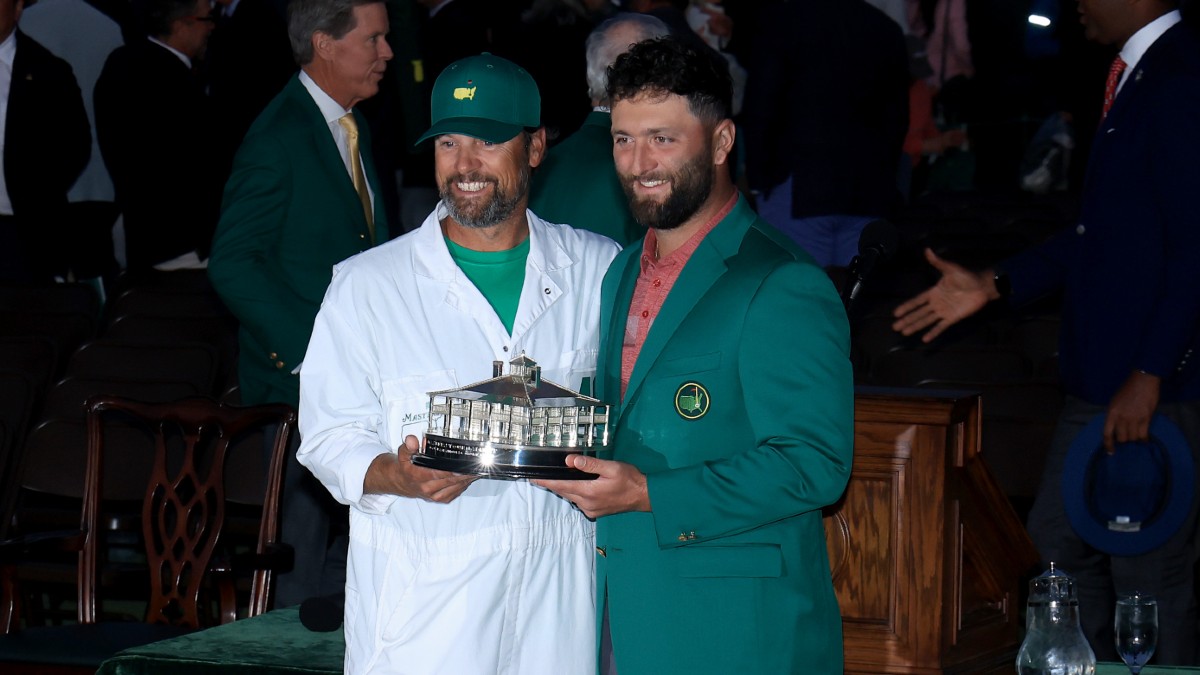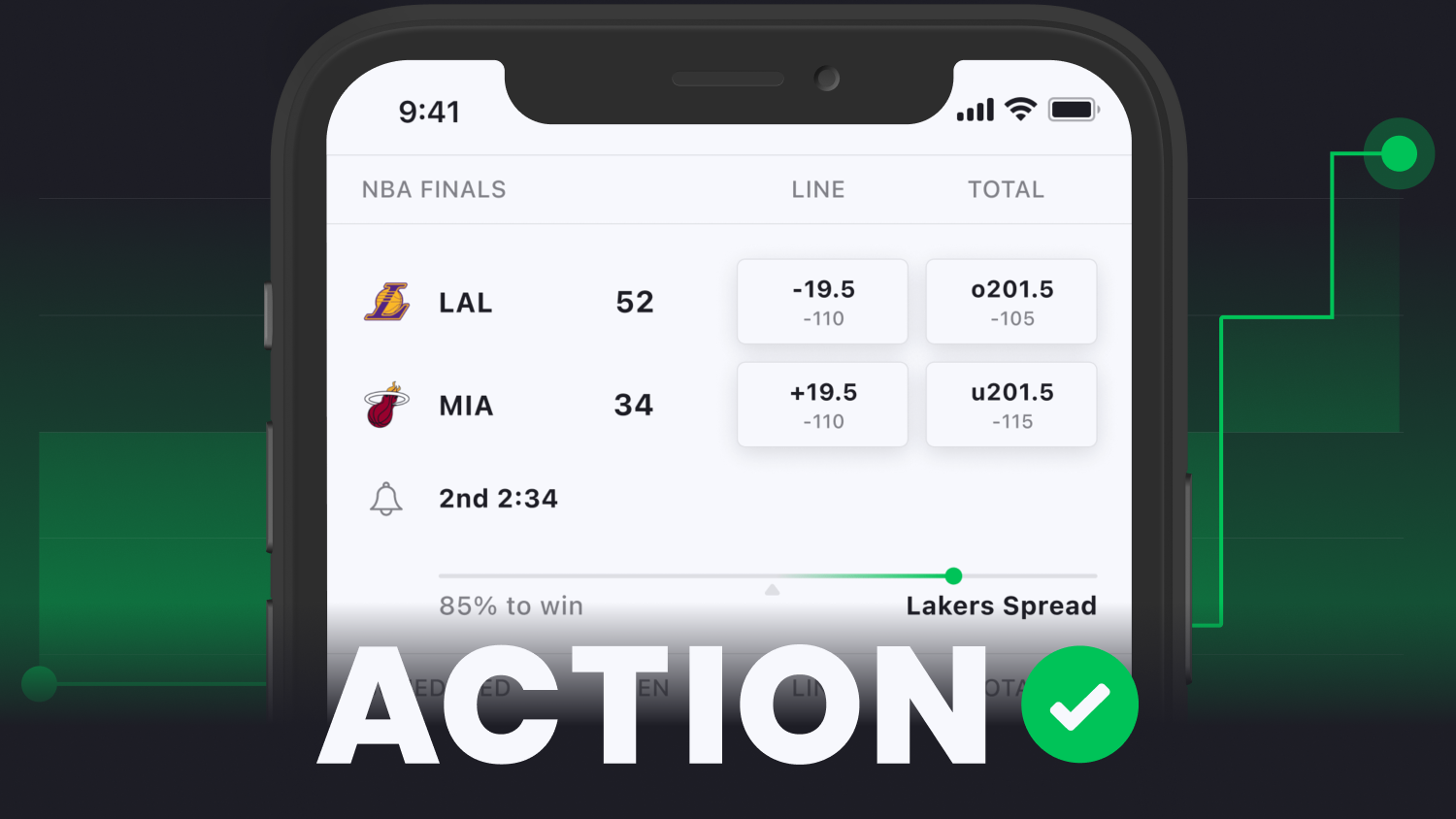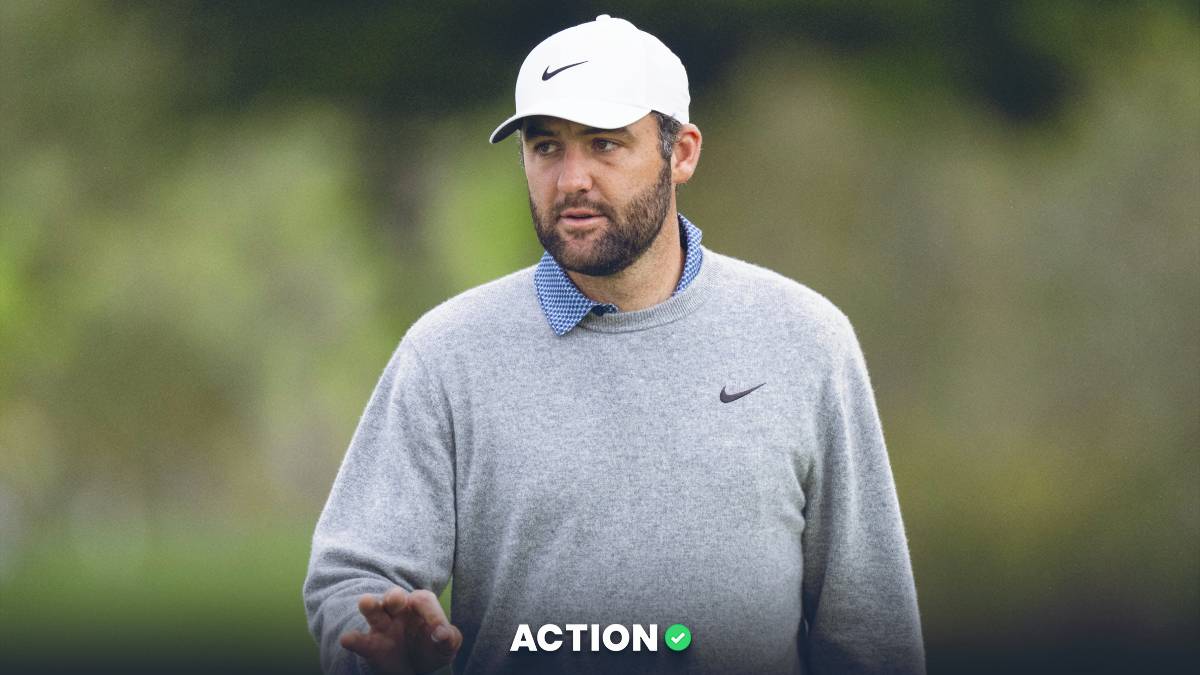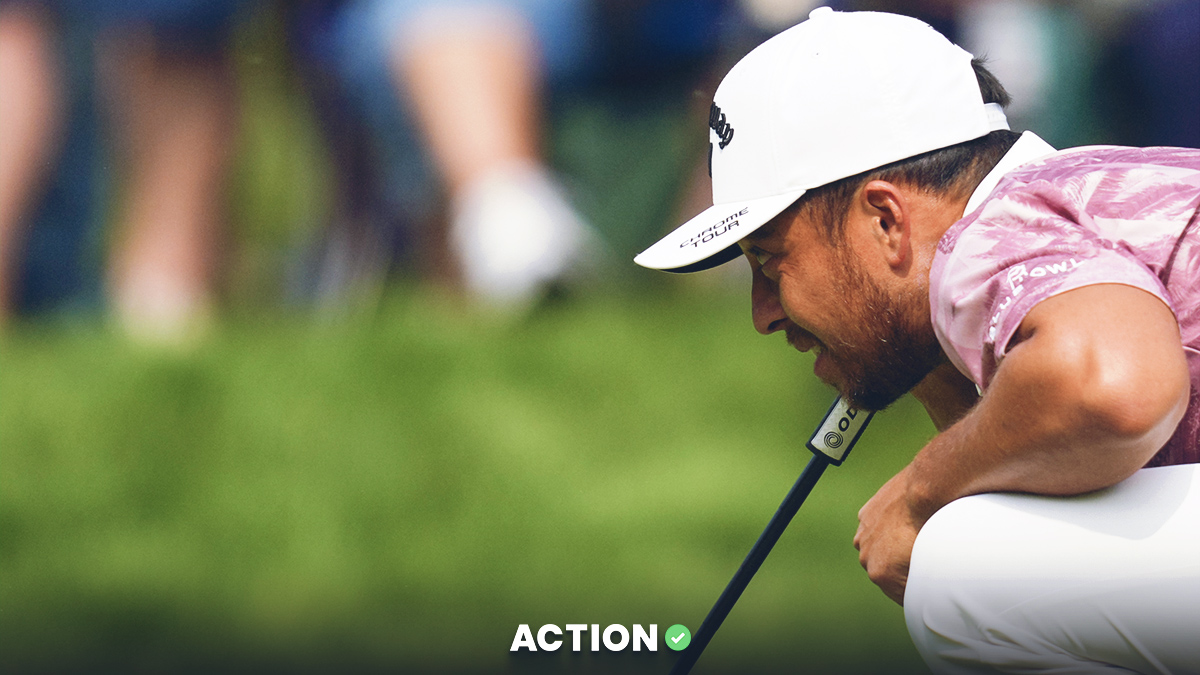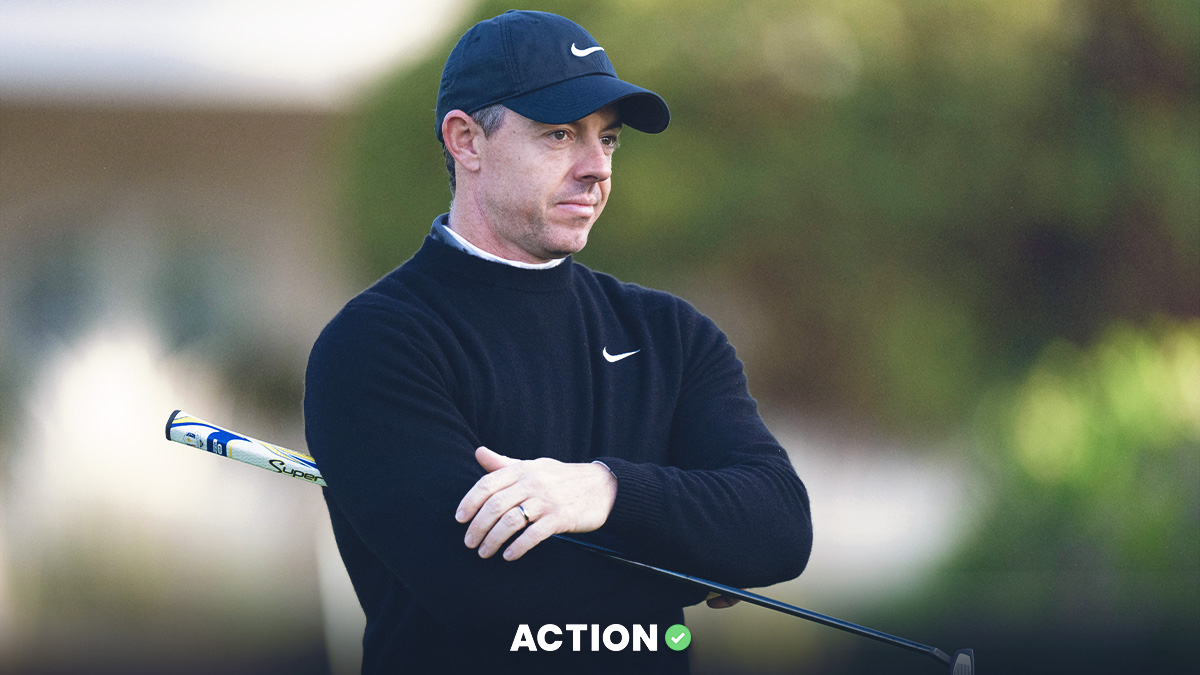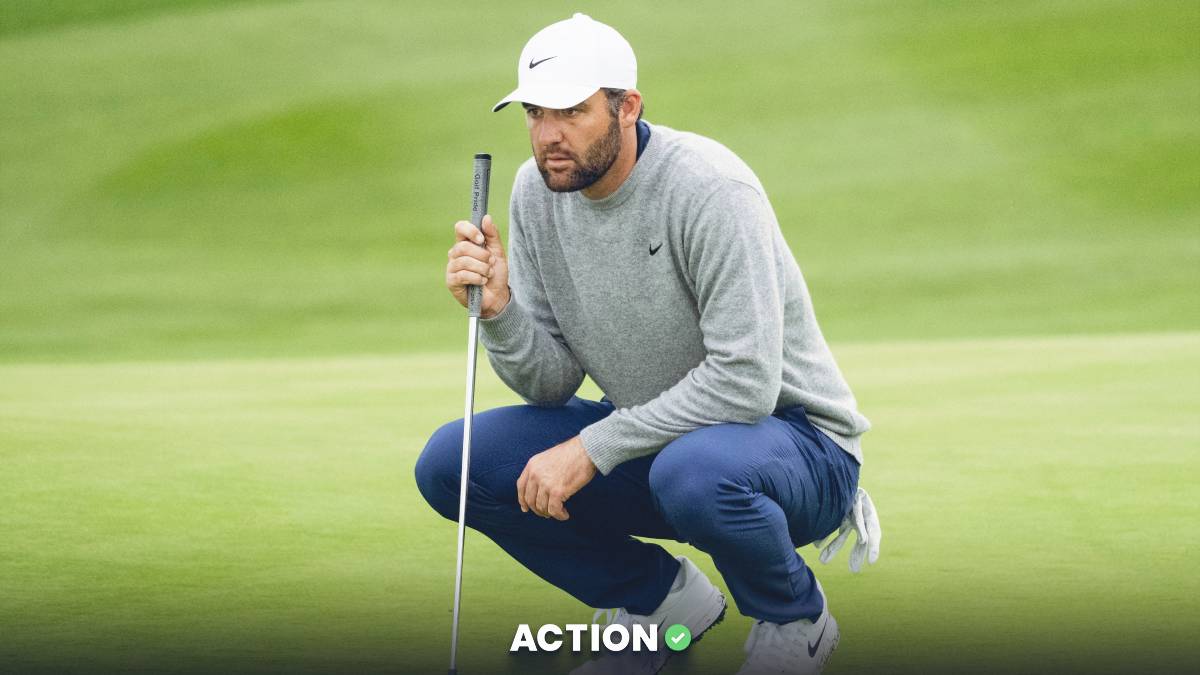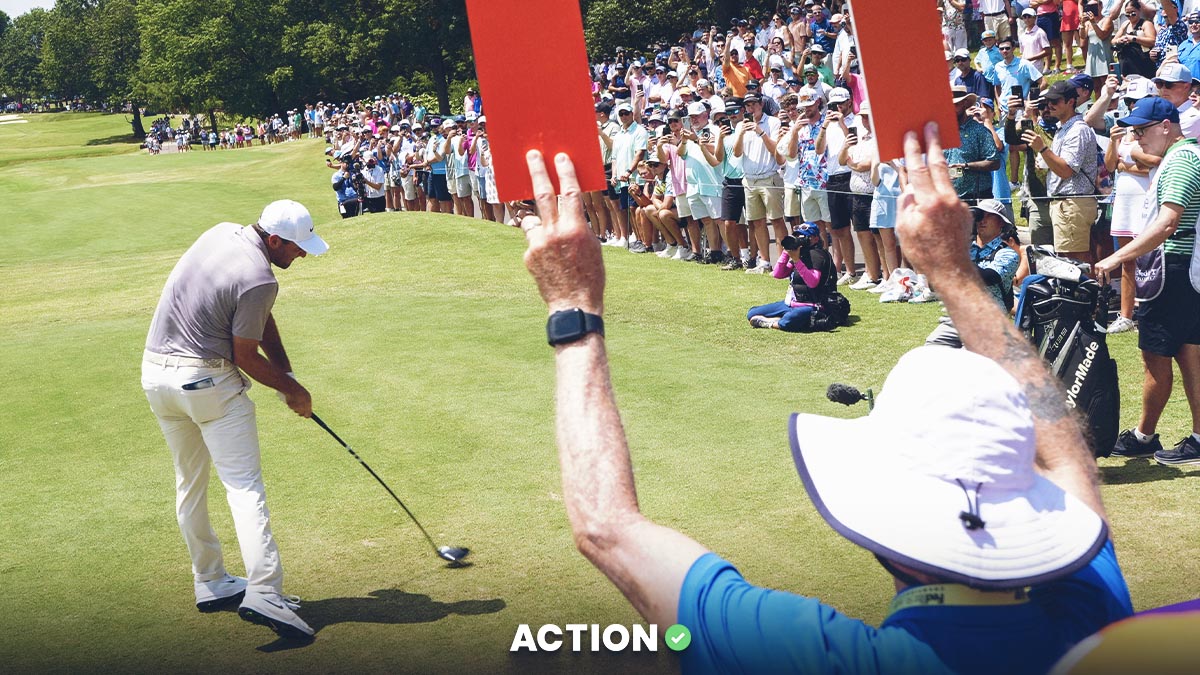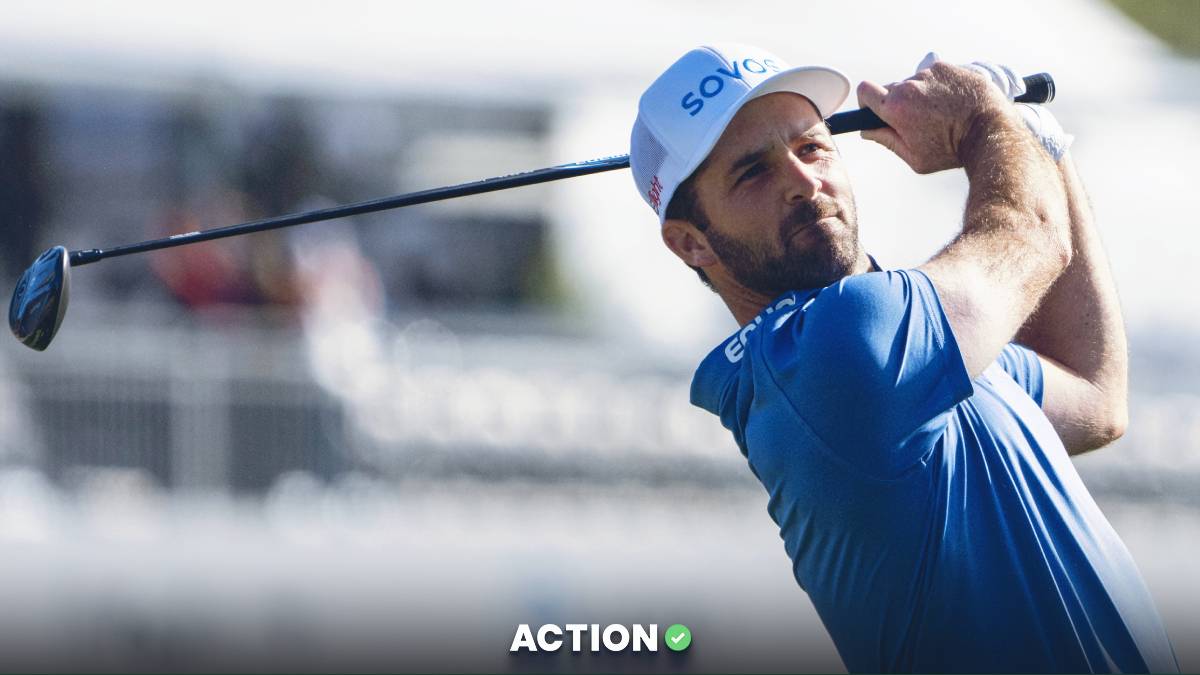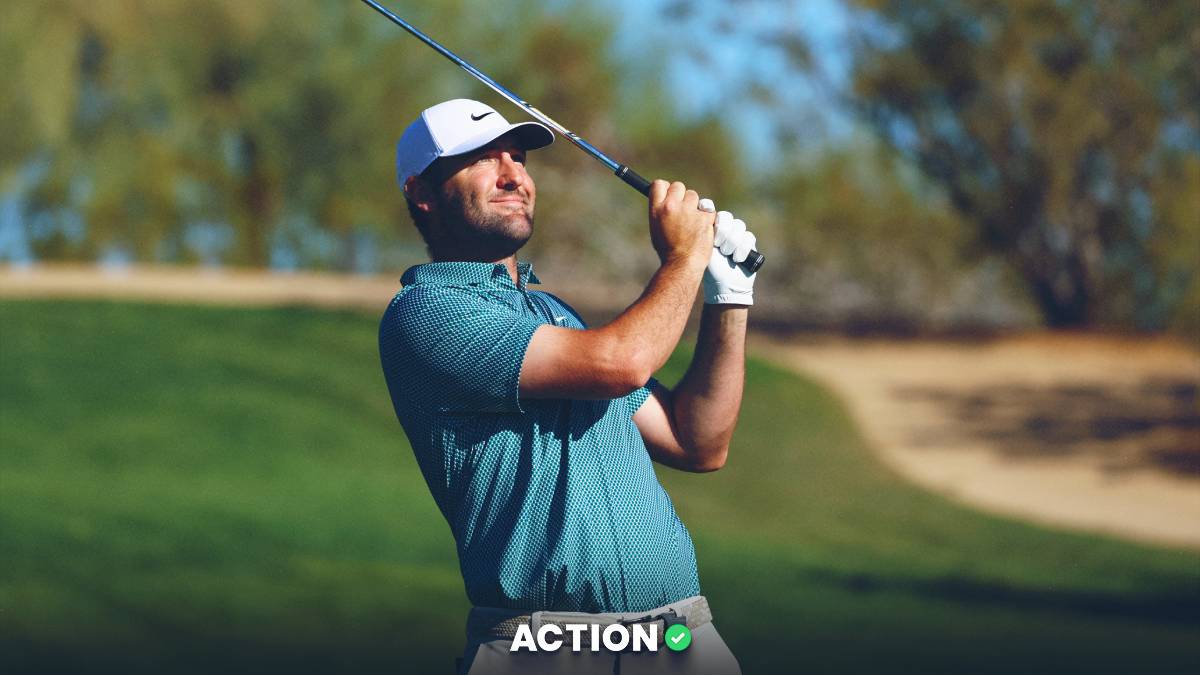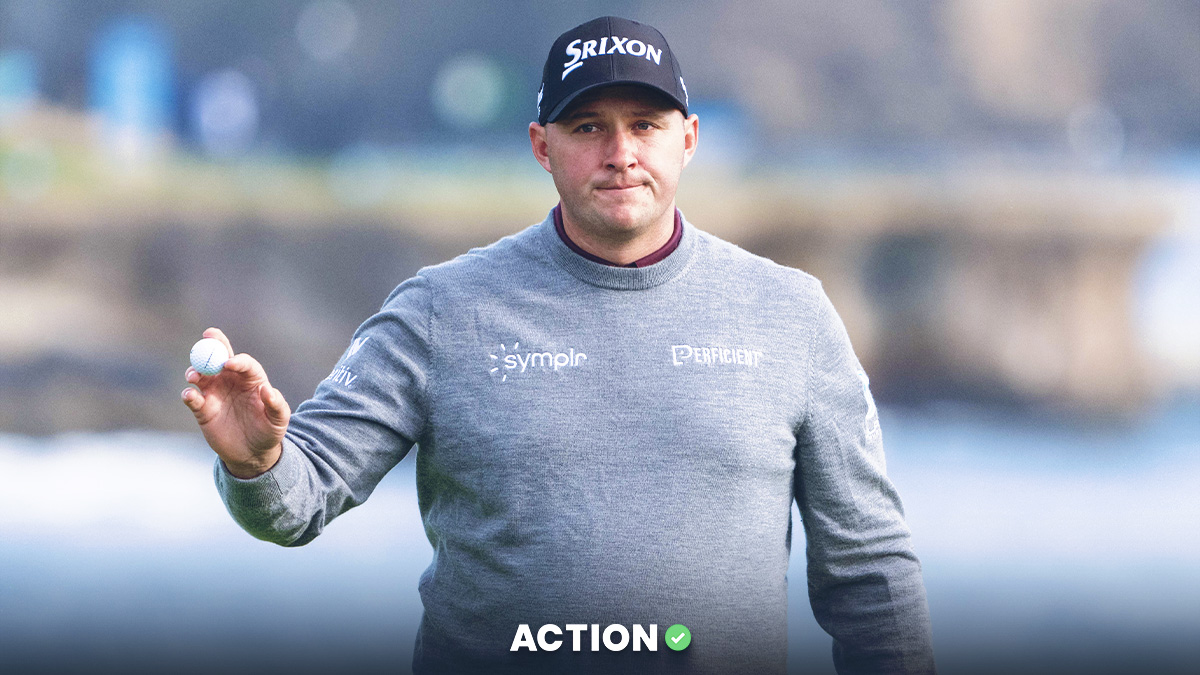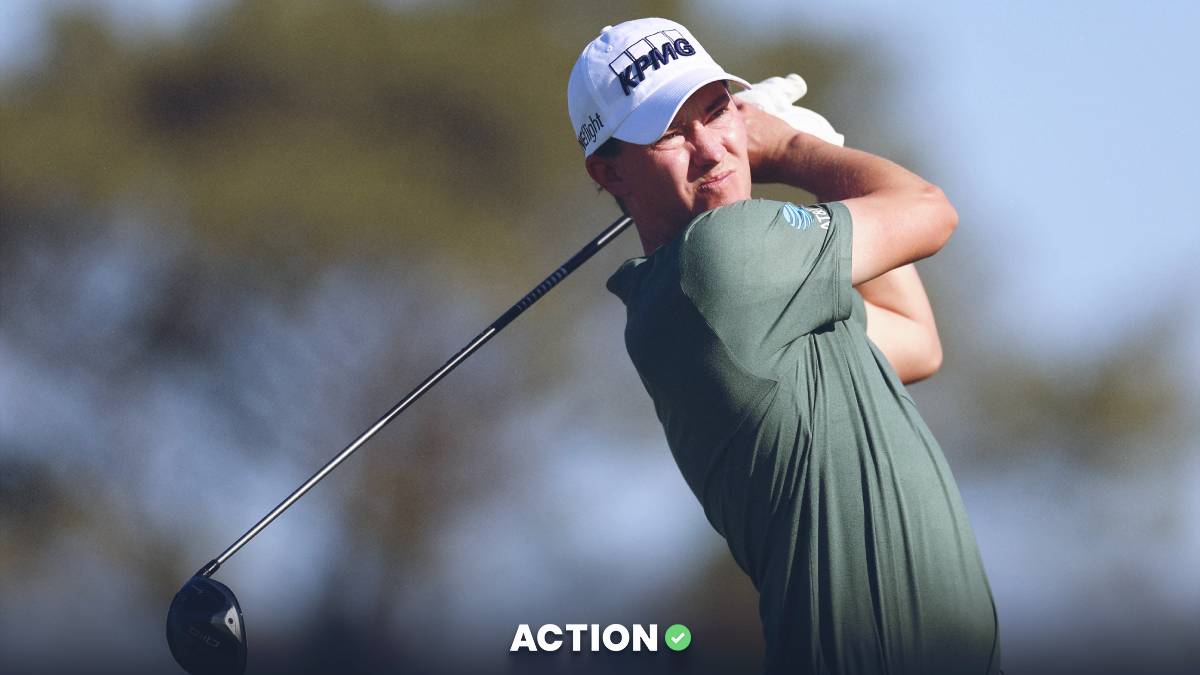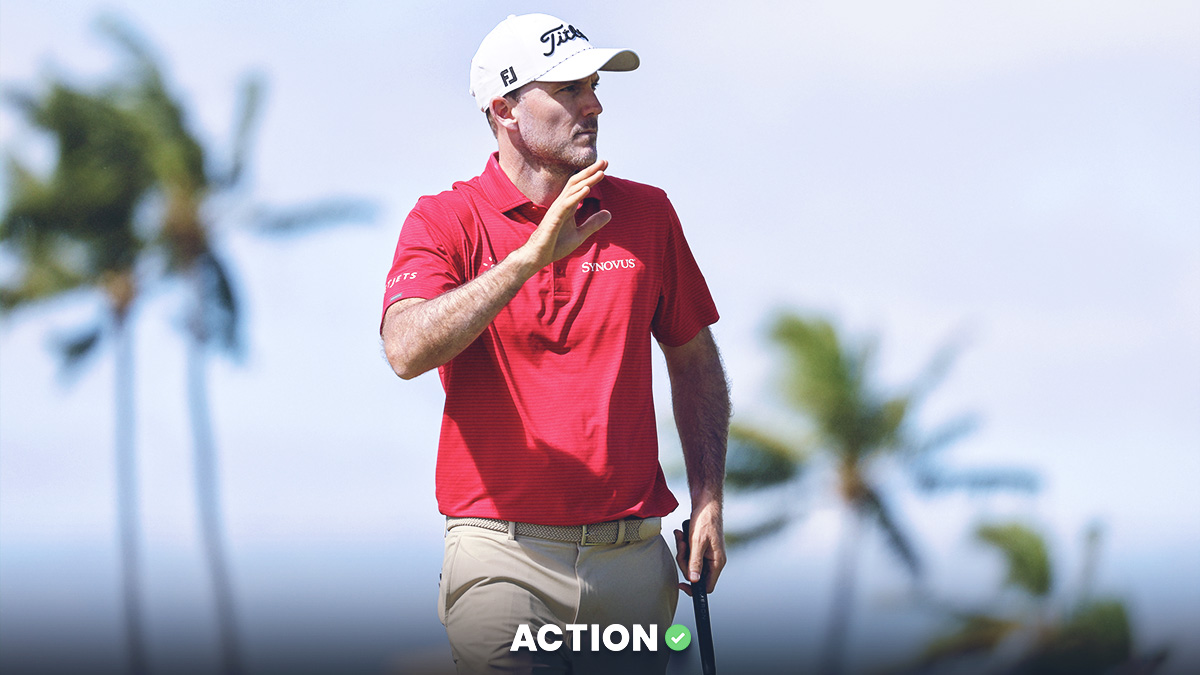AUGUSTA, Ga. — What an absolute blast it was to be at Augusta National Golf Club (not to mention the surrounding sights) for this week’s Masters Tournament.
I could tell you all about it, but you’d probably rather hear about the golf. So without further ado, here they are — 10 takeaways from Jon Rahm’s victory at the 87th Masters.
1) There was a poignant moment during Rahm’s post-round interview session on Thursday afternoon. But before I get to that, here's a little reminder about some recent history: Rahm opened the year with a victory at the Sentry TOC, then another at the AmEx and a third at the Genesis Invitational.
At the time, it was presumed he’d be the oddsmakers’ favorite for any tournament he entered — including the major championships. By the time the Masters rolled around, though, defending champion Scottie Scheffler had won twice, Rory McIlroy was starting to find some form and each owned shorter odds than Rahm. Don’t think he didn’t realize.
In that interview session, a reporter mistakenly called him the favorite, to which he immediately responded, “I was third on the odds yesterday.” He likely didn’t need any further motivation, but even a small chip on his shoulder couldn’t have hurt.
Really, though, the underlying theme of Rahm’s performance was perseverance. He opened with a four-putt double-bogey in the first round, only to share first-round leader honors by the end of the day. He got stuck in the worse draw, playing through difficult weather conditions on Saturday morning while half of the field was warm and dry. And he trailed a multiple major champion and proven closer, yet chased him down and essentially took any drama out of the proceedings by the end.
For a player who’s so often been criticized for having such a fiery demeanor, Rahm appeared to have an eerie calmness about him throughout the weekend. He played Augusta National like a conductor presiding over a symphony orchestra, playing offense when the situation called for it and playing defense when necessary. There are a whole lot of positive things he did. We can boil down Rahm’s victory to the fact that he led the field in ball-striking and from tee to green, but there was a lot more to it — from perseverance to mindset — which helped him add a second major championship to his profile.
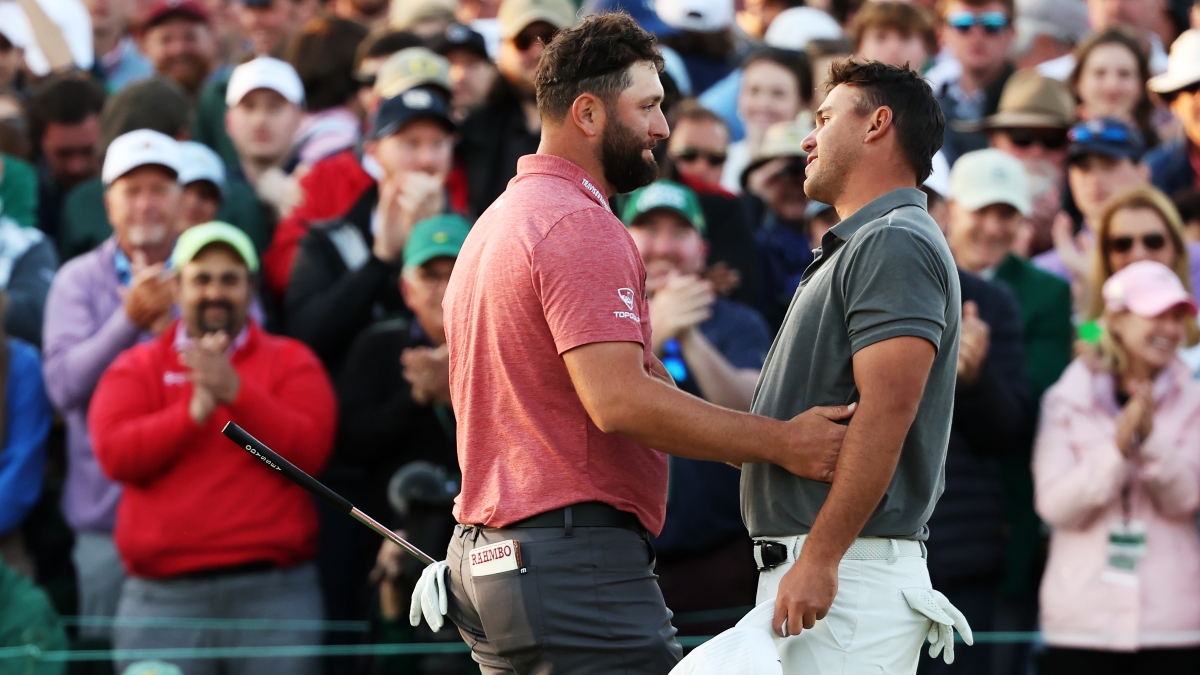
2) One year ago, Brooks Koepka posted a pair of 75s at Augusta National, missed the cut and tried to punch a hole in the back windshield of his courtesy car on his way out of town. (“The window did not break,” he said this week. “I guess Mercedes makes a pretty good back window.”)
He won’t leave with only positives this time, but there should be fewer negatives after his T-2 finish, even if he failed to close out his 36- and 54-hole leads. For much of the year, the only time the general public even thought about Koepka was after the Netflix series “Full Swing” was released. That series depicted him as a player who doubted the future of his injuries and whether he could ever again compete with the world’s best players.
Koepka has proven that he’s come full circle and looks very much like the player who won four major championships not very long ago. Now what? Good question.
Koepka will soon return to LIV Golf, where he won the Sunday prior to Masters week. He’s also in the field for the three remaining majors. If you’re rooting for full chaos, there’s a definitive possibility that based on the majors alone, he could either qualify for this year’s U.S. Ryder Cup team or come close enough that captain Zach Johnson is left asking himself plenty of questions. In any case, the game is better at the highest level when the best players are playing their best golf. We weren’t sure we’d ever see it again from Koepka again, just because Koepka wasn’t ever sure he’d see it from himself. However, he’ll leave town with way more positives than negatives this time around.
3) What Phil Mickelson accomplished this week, finishing tied for runner-up honors, was truly remarkable, for about 100 different reasons. Where do we even start?
A year ago, Mickelson elected against playing in the Masters, because, well … he was mounting a coup to bring players to a renegade league and force disruption amongst the professional ranks. (If there was another reason, he never said it.) He cited Augusta National in a lawsuit. He reportedly remained mum at this year’s Champions’ Dinner and appeared somewhat bashful inside the ropes this week. Then there’s the fact that he’s 52 years old and hasn’t finished better than 27th in three LIV Golf starts this year.
Two years ago, he punctuated his improbable PGA Championship victory by telling the world that he’d felt it coming for a while, even though his results hadn’t shown any signs. After a final-round 65 — his lowest final-round score at the Masters — the lefty said, “It just reaffirms that I knew I was close. I've been hitting quality shots. This doesn't feel like a fluke. It wasn't like I hit shots I haven't been hitting. I stayed present and didn't make loose swings or those bad swings at an inopportune time. I stayed very present and calm throughout, then executed and had a blast.” Jack Nicklaus once finished in a share of sixth place at the age of 58. It’s tough to argue a share of second at 52 isn’t at least as impressive, if not more.
4) Masters week started with questions over whether there would be visible animosity between PGA Tour players and those who left for LIV Golf. Those concerns were largely assuaged during what was reportedly an uneventful Champions’ Dinner, and quashed completely when Koepka and McIlroy played a Wednesday practice round together. Even so, there were still playful(-ish) digs — at least on social media — about the LIV players needing to play more than 54 holes or not being accustomed to competing without music blaring.
What we found by week’s end, though, is that their performances were largely unaffected by the defection. Koepka and Mickelson led the way as 12 of the 18 qualified LIV regulars made the cut. They didn’t collectively dominate, but they didn’t look like washed-up also-rans, either. All of it serves as evidence to back up the best quote of the week. As LIV golfer Harold Varner III explained, “It's not like Space Jam where they took our talents away.”
Here’s one working theory: Not that we would’ve chosen full disruption in the professional golf space, but only being able to witness one faction of the world’s best golfers play against another faction of the world’s best four times each year could actually help enhance the anticipation of each of the majors.
5) It's not often a player who finishes in a share of 16th place stands out as one of the biggest stories. Then again, it’s not often an amateur finishes in a share of 16th place. What a week it was for Sam Bennett, the fifth-year senior at Texas A&M (and reigning U.S. Amateur champion), who played in the final grouping of the third round and ultimately hung with the big boys throughout the weekend.
I don’t mean to rain on Bennett’s parade so quickly in the aftermath of this accomplishment, but I do think fellow collegians, such as Gordon Sargent and Ludvig Aberg might ultimately have a little more offensive firepower at the highest level someday. That said, this is why the performance was so massive for Bennett. Even though he finished two strokes shy of claiming a spot in next year’s Masters as one of the top-12 finishers, he’ll invariably turn professional later in the summer and this result should be enough to land him sponsor’s exemptions anywhere he wants to play.
6) There’s really no way to sugarcoat it: McIlroy's performance was appalling. On a week when the likes of Tiger Woods and Fred Couples made the cut, McIlroy missed it with scores of 72 and 77. But it was the way he MC’d that was so deflating. In the second round, he gained 1.71 strokes off the tee — fifth in the entire field — then proceeded to play like a double-digit handicap, losing more than a stroke to the field with his irons, wedges and putter.
And that wasn't all.
After multiple bogeys (he made seven of them in the round), McIlroy could be seen with a little wry smile on his face. Now, I’m not suggesting he was pleased with his result, nor am I suggesting he needs to go full Tyrrell Hatton with his frustrations, but it seemed like a capitulating reaction, as if he was already resigned to his ultimate fate. There will be plenty of armchair psychoanalysis in the aftermath — everything from assessments that his PGA Tour leadership duties are getting in the way of his preparation, to thoughts he’d rather MC than finish runner-up again so he doesn’t have to answer the questions about another close call. The fact of the matter is McIlroy wants the final leg of his career grand slam bid more than anything in his career, but much like Greg Norman and Ernie Els before him, the inevitability of a green jacket might not be so inevitable after all.
7) If we’re going to criticize McIlroy, then we can’t let his buddy Justin Thomas off the hook. Late in his second round, social media was calling for a bogey to move the cut line and let Tiger Woods back in. He did that — and then added another, leaving himself outside that magic number. It was just his second MC in his past 13 major starts — and there’s a PGA Championship victory in that span, too, of course — so it’s not as if this is some epidemic for Thomas, but there’s cause for concern with his recent performance.
In eight starts this year, he owns just a pair of top-10 results and no serious title contentions. Beyond that, his body language exudes a measure of ongoing irritation, as if he’s continually pressing to play better. I go back to an interview I did with him for SiriusXM PGA Tour Radio back in December, when I asked how he’d assess last year, when he won that PGA title.
“I know Tiger always says that if you win a major, it’s a great year no matter what,” he said. “I have a hard time saying it was a great year. I didn’t finish it the way I would’ve liked.”
Again, this calls for some amateur analysis, but there’s a fine line between being dissatisfied with anything less than a win and forever remaining displeased on the course. It’s possible Thomas is walking that line these days.
8) If you watched Woods try to play — hell, even try to walk — toward the end of Saturday’s suspended third round, you knew there was a decent chance he wouldn’t be able to return Sunday morning. Throughout the week, it always felt like Woods knew this one would be exacting, the difficulty only multiplied by the conditions. After a quarter-century of insisting his lone motive was to win, even when he was hurting, the narrative shifted this week as he offered words in his pre-tourney interview sessions such as these:
“To be able to come here and play at Augusta National, it's such a special place and it means so much to me in my heart to be able to come here and play this golf course and just appreciate the memories that I've had here.”
There’s nothing wrong with gratitude, of course. In many ways, this concept is more endearing than the previous one. What we’re left with is the new normal for Woods, one which he’s been warning us about for a while. We’ve all learned to never doubt the man who’s proven so many people wrong over the years, but at this point, it’s tough to believe he’s closer to winning again than shutting it down completely.
9) Couples is a damned national treasure. You can argue that based on his talent level he might’ve underachieved a bit during his prime years, though you can even more easily argue that a notoriously balky back prevented him from enjoying more success.
He’s often saved his best stuff for Augusta National, including a victory in 1992 and five straight top-10s after turning 50. He’s 63 now and hadn’t made the cut in any of the past four editions of this event, but on Saturday morning, with one hole left to play in his second round and needing a bogey to do it, Couples accomplished that mission.
“I can't compete with Viktor Hovland or Jon Rahm or anybody,” he said afterward, “but I can compete with myself and that's really why I come. That's what I like to do, make the cut here at an older age.”
What a quote.
And he didn’t just make the cut at an older age — he made the cut at the oldest age, besting Bernhard Langer by 108 days. When informed of that, he replied, “Well, good. Today is another day. If it was Friday, it would have been 107.” That’s gold, Freddie.
10) Clip and save this little pro tip for next year’s Masters: If you’re looking for a correlating tournament, look no further than the Genesis Invitational, held each February at Riviera, another ball-strikers’ paradise.
The connection starts easy enough — this year, at least — considering Rahm won each tournament, but it extends way beyond that. In all, nine players who finished inside the top-20 at Riviera this year also finished inside the top-20 at Augusta. Besides Rahm, the list includes Patrick Cantlay, Collin Morikawa, Sahith Theegala, Gary Woodland, Scottie Scheffler, Shane Lowry, Viktor Hovland and Cameron Young.
That’s more than a small coincidence and it doesn’t stop there. Last year, Joaquin Niemann won at Riviera and finished T-35 at the Masters, while Scheffler had been T-7 at Riviera and won the Masters.
Just a little something to keep in mind 51 weeks from now.


